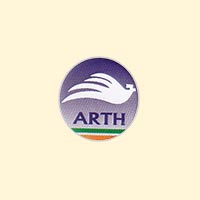-
Jobs
-
Browse Jobs
-
Fresher Jobs by Roles
- Doctor jobs
- Business Development Executive jobs
- HR Recruiter jobs
- Technician jobs
- Account Manager jobs
- Supervisor jobs
- Office Executive jobs
- Sales Consultant jobs
- Telecalling Executive jobs
- Teaching Staff jobs
- Airport Ground Staff jobs
- BPO Executive jobs
- Delivery Boy jobs
- Teacher jobs
- Customer Associate jobs
- Delivery Executive jobs
- Support Executive jobs
- Office Assistant jobs
- Customer Support Executive jobs
- Telesales Executive jobs
- View All Roles
-
Fresher Jobs by City
-
- Career
-
Consultant
-
Recruitment Agency
- Recruitment Agency in India
- Recruitment agency in Delhi
- Recruitment agency in Mumbai
- Recruitment agency in Bangalore
- Recruitment agency in Hyderabad
- Recruitment agency in Kolkata
- Recruitment agency in Chennai
- Recruitment agency in Pune
- Recruitment agency in Noida
- Recruitment agency in Ahmedabad
- Recruitment agency in Gurgaon
- Recruitment agency in Lucknow
- Recruitment agency in Jaipur
- Recruitment agency in Indore
- Recruitment agency in Thane
- Recruitment agency in Vadodara
- Recruitment agency in Chandigarh
- Recruitment agency in Bhubaneswar
-
Other Consultants
-
- Login
- Post Resume
